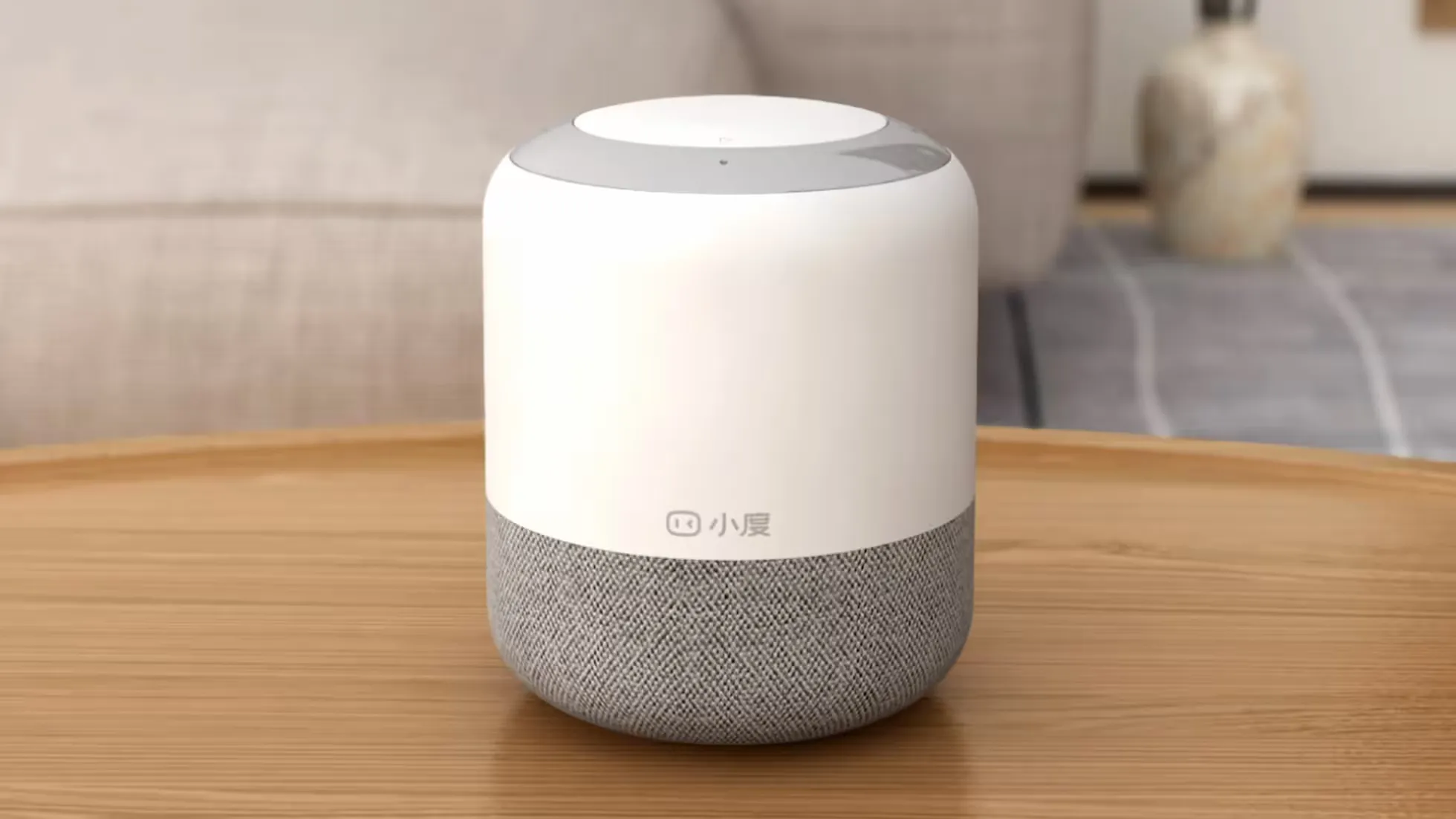Xiaodu Smart Speaker Review

On Monday (June 11), I saw Baidu release a smart speaker priced at 89 yuan, and I placed an order within a minute. In that minute, I only considered two things: First, AI is the core of a smart speaker, and Baidu is undoubtedly one of the top players in China’s AI scene. Second, the price-performance ratio—89 yuan is truly a fair price. Although media reports lately have talked about the pitfalls of online products and dual configurations between online and offline channels, I don’t believe Baidu would release a “stripped-down” version of Xiaodu to early users.
By this afternoon (June 13), JD Logistics had already delivered it—very fast indeed.
Appearance: The packaging is simple and elegant, without excessive text descriptions. After all, it’s an electronic product—who really reads the box details? Still, out of a sense of responsibility to Baidu, I inspected all six sides of the box and did notice something odd: the bottom’s color and origin label were clearly added later. Peeling the label off revealed no other content—it’s likely just to mark the MAC address or for logistics tracking.
The Xiaodu speaker’s design is quite standard, resembling the Tmall Genie and Xiaomi speakers. It’s 10 cm tall, 9 cm in diameter—a perfect cylinder. Weighs around 280g, and feels solid in hand. It comes with a 1.75-inch full-range NdFeB internal magnet speaker. It uses a 12V/1A power adapter and supports Bluetooth audio with iPhones and Surface laptops—but it doesn’t support playback on the Surface.
Voice interaction: You must say “Xiaodu Xiaodu” to activate it. The four-syllable phrase helps prevent accidental activation, but it’s not very natural in real-world conversation. While music is playing, saying “Xiaodu Xiaodu, …” still allows it to distinguish human voices from recorded audio. With a Shandong accent, it recognizes the wake word, but with a Sichuan accent, it hears “Xiaodu Xiaodu” as “disinfect disinfect” and starts playing a Baidu Baike article on disinfection… 😳
As a fun and lifestyle assistant, Baidu’s AI performs well (depending on the scenario):
- When asked “What snacks are there in Hangzhou?”, Xiaodu responds with a two-minute-long dish-naming spree: “Beggar’s chicken, West Lake vinegar fish, Song’s fish soup, spicy eel noodles, Xiaoshan pickled radish…” But ask about Jinan snacks and it falls short—it’s not yet a true foodie.
- When asked twice “What’s fun in Chongqing?”, it randomly played two different online articles.
- Asked “How to get from Jinan to Shanghai?”, it defaulted to highway routes. Asked “Which high-speed trains run from Jinan to Shanghai?”, it answered with “Train Kxxxx…” 😳
- Asked about “massage parlors or erotic stories”, it replied “I don’t understand…”
As a daily assistant: Time-based reminders are very accurate but function only as alarms. There’s no to-do tracking. Weather inquiries are accurate too, including temperature and clothing advice.
As a smart speaker, Xiaodu is a bit disappointing—it doesn’t support human-machine dialogue. Ask “Xiaodu Xiaodu, can you have a conversation?”, and it replies, “That’s something I really can’t do.”